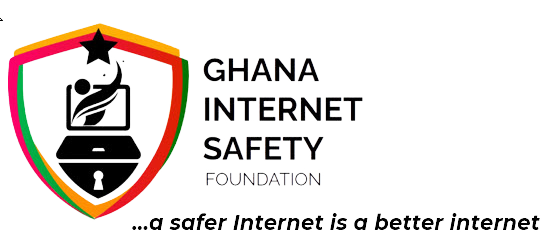Social media plays an integral part in the lives of teens, and the effects may be both positive and negative for their mental health. It’s essential to balance the potential for negativity on social media with beneficial social media use, such as positive connection, personal expression and support.
Signs Social Media Has Negatively Affected Your Mental Health
While studies have shown that social media use can boost connection, communication and self-esteem, experts say too much social media use may lead to worsening mental health. If you find yourself dependent on social media, it can have negative effects on self-esteem, body image and mood.
Some signs that you may need to examine how you use social media include:
- Lack of time for self-care.
- Spending more time on social media than with friends and family.
- A spike in feelings of anxiety or depression.
- Often comparing yourself to others based on what they post.
- Being distracted from work or school.
- Difficulty sleeping.
- Feeling the need to check social media every few hours.
Social media harm is a complex issue. Some studies have made a general correlation between social media and mental health issues like depression. A 2022 study conducted by the National Institutes of Health found that suicidal thoughts and attempts were linked to young adolescents and cyberbullying.
One meta-analysis showed a moderate correlation between problematic social media use and depression. Research has suggested that social comparisons may be a link between those with problematic social media use and depression and anxiety. Researchers now suggest that aspects of social media that promote “well-being” are not simply the opposite side of the coin from “ill-being” and should be studied separately.
According to the Centers for Disease Control and Prevention and other experts, adolescent mental health is worsening. More than 4 in 10 adolescents report feelings of sadness or hopelessness. These feelings are more common in females and racialized groups, as well as those in the LGBTQ+ community. Other warning signs of mental health distress include low energy, distancing oneself, having difficulty concentrating or having inexplicable aches and pains. Adolescents with mental health conditions are more vulnerable to risk-taking behaviors, self-harm, suicide and behavioral and eating disorders.
Tips To Balance Social Media and Mental Health
Though more studies are required, research acknowledges the integral role of social media in the lives of youth. It provides opportunities for personal expression and social support, which contribute to positive mental health factors such as connection, self-concept, happiness, coping and personal growth.
Adults and teens alike can find it challenging to balance social media use and their mental health. How you use it is the determining factor; it is possible to make social media experiences more beneficial than harmful. Here are some tips:
- Use social media to make or maintain connections with friends you will meet in real life or find clubs and activities to join that support a healthy lifestyle.
- Follow positive influencers and unfollow accounts whose messaging is negative or judgmental.
- Connect with friends and family who enhance your life.
- Use social media to identify online resources for mental health support, such as online therapy, support groups or informational websites.
- Use social media to find your voice, show empathy and kindness or offer support and motivation to others. Avoid user-driven chat rooms such as Discord that have the potential for toxicity.
When it comes to supporting a healthy self-image, one study showed that viewing body-positive social media, especially with captions that reinforce body positivity, can be beneficial. This activity can increase body satisfaction regardless of someone’s preexisting ideas about beauty. However, this research studied young, cis-gender women, so further research is needed for the impacts on differing age groups and backgrounds.
What to Do If Social Media Negatively Impacts You
If you feel like social media might be impacting you negatively or that your use has become excessive, you are not alone. Social media abuse statistics show that 5% to 10% of Americans are addicted to social media.
Many people are concerned with the potential harm of social media use. Several social media lawsuits have been filed in the U.S. alleging that online platforms caused worsening mental health.
Even if other factors have impacted your mental health, consider speaking with a mental health professional. Your doctor can write a referral to a therapist or you can seek help via a counseling center, support group or online. Many resources are available; take time to identify the therapist that is right for you.
